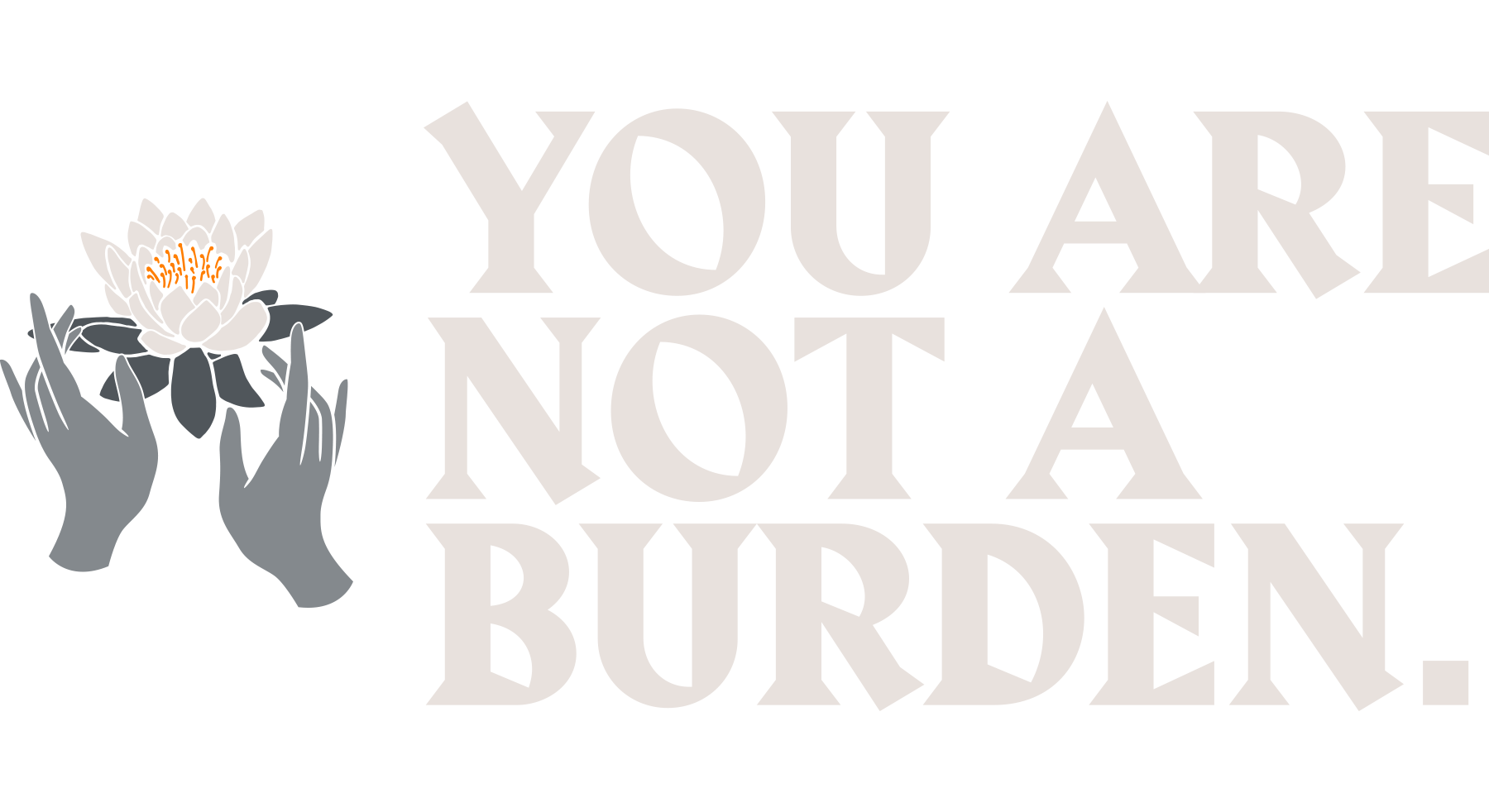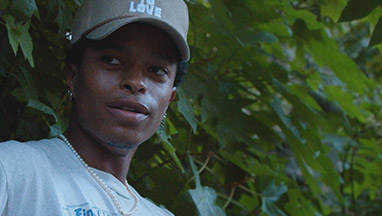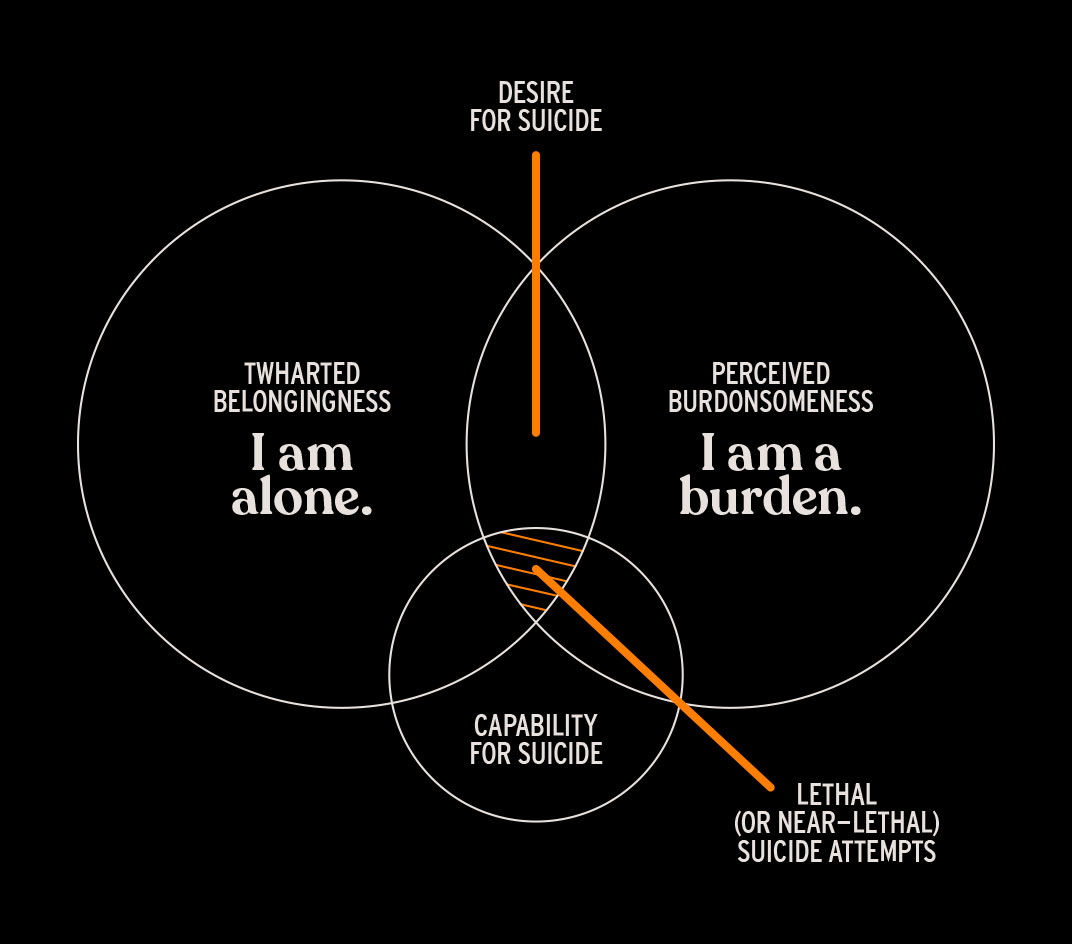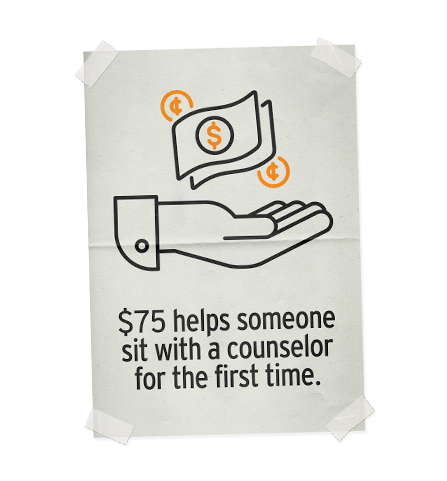“I am just starting out in the young adult world. Trying to prioritize my mental health while trying to figure out what this ‘life thing’ is has presented to be exceptionally difficult. TWLOHA helped me be able to take a breath and know I am able to get the help I need on the hard days.
“I have been in a spiraling depression for over two years. I have had to take time off, as well as a medical leave, due to my condition. I’ve been on the desperate edge of suicide for months now, desperate for escape and relief. Thank you to the T&R Scholarship, I have not had the added financial burden of worrying about covering my copays for my weekly therapy sessions. These sessions have been my fuel to keep living and keep fighting for hope. If it was not for my therapist and the help of TWLOHA, I don’t know where I would be.
“The TWLOHA Treatment & Recovery Scholarship has changed the trajectory of my life forever. I didn’t know that Hope was possible, but through the scholarship I have been able to go to counseling and have really connected with my counselor. And for the first time in my life I am seeing progress and hope instead of trauma and numbness. I am forever thankful for this organization and one of these days I want to be able to give back to help others that are in my situation. Nothing has felt more hopeless than knowing you desperately need help, really want it, but can’t afford it. Thank you for being such a significant part of my healing journey!
“I cannot express my gratitude about this scholarship. It has been a true god-send to me. I have been able to truly work out lots of issues and get a real start on my progress to mental stability. Your organization has truly been awesome. I am grateful for all that you do. In this state, there is little support for mental health. Few resources. This is a shining light in the darkness. Thank you for your support from the bottom of my heart.
“I hadn't been able to start therapy due to a lack of being able to afford it. Your scholarship helped me get back on track to taking care of my mental health needs and it's caused me to have healthier relationships, including with myself. Due to your scholarship, after 15 years of neglect I finally feel like a weight has been lifted off of my shoulders.
“I am so grateful that your organization has helped me so much. I am so humbled. I wish I could help out after I have got back on my own feet. You have truly been a great blessing in my life. Thank you.
“I want you to know that your assistance literally saved my life. Through therapy I have addressed childhood trauma and codependency issues. I know my worth and that I was created to do great things. This is all because of the support I received from TWLOHA. I know there is no destination with therapy, it’s truly a journey, but today I am a different woman than I was a year ago. I am incredibly thankful for all the support I have received.











